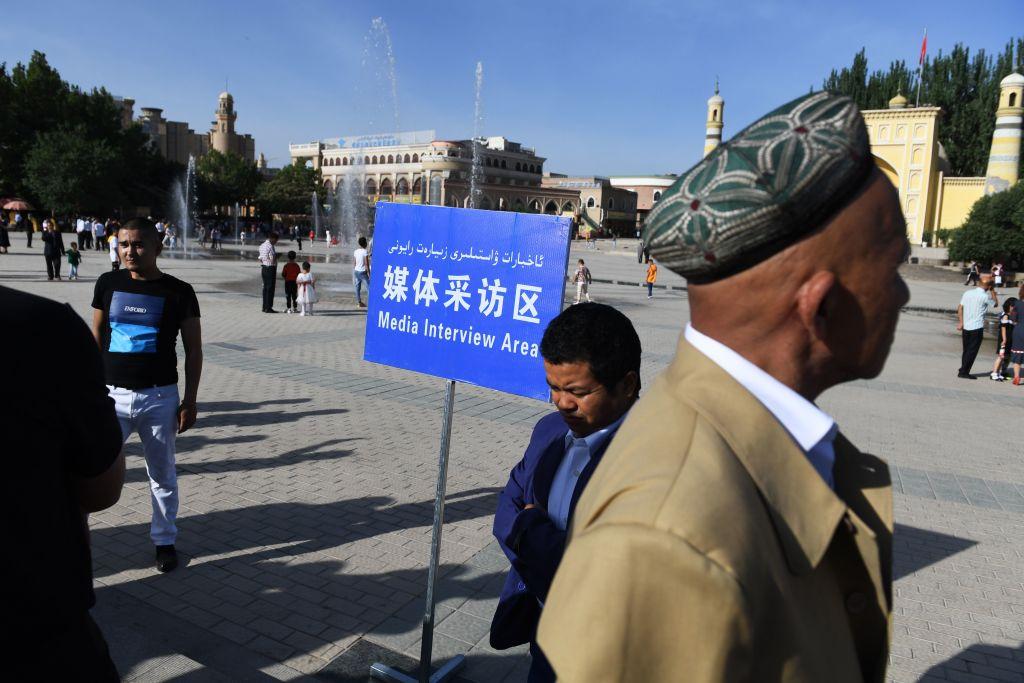Foreign Correspondents’ Clubs (FCCs) in seven Asian regions issued a joint statement on Dec. 15, expressing concerns over the detention of a Chinese journalist working for Bloomberg News.
The FCCs added: “Chinese nationals perform invaluable roles in support of foreign media in China. Without their work, it would be difficult for foreign media to operate in China, and their safety is a matter of the highest concern.”
The trade association also said in its joint statement that it was alarmed at the “deteriorating conditions for journalists working for international media in China.”
One example cited in the report was Tom Cheshire, Asia correspondent for British media Sky News, who stated that while reporting in China’s far-western region of Xinjiang, armed police in Hotan city “prevented us from reaching a suspected detention camp.”
“[T]hey grabbed us, tried to take our cameras and phones from our hands, etc,” he recalled.
The report also documented cases of Chinese officials summoning journalists to meetings or lecturing them not to cross “red lines,” threatening that there would be “unwelcome consequences” if they did not comply. 33 percent of respondents stated they were summoned to a meeting at China’s Ministry of Foreign Affairs after they traveled to Xinjiang.
In one case, an unnamed international news agency photographer stated that uniformed police officers “lectured about obeying Chinese laws in our reporting” after they arrived in Xinjiang’s Kashgar city. On several occasions, the photographer said there were people who walked in front of him telling “residents to go back inside their houses.”
Beijing has defended its policy in Xinjiang by claiming the camps are “vocational and educational training centers.”
The FCCC report also pointed out that 44 percent of respondents said their Chinese colleagues encountered harassment at least once in 2019.
On Dec. 14, China’s foreign ministry spokesperson Wang Wenbin, while answering a question from a Bloomberg reporter during a daily briefing, stated that Fan was “under investigation.”
He added: “Fan should be freed at once and China should stop harassing foreign news bureaus operating in the country.”
The cases against Fan and Lai “show how the Communist Party of China has decided to treat any media that it does not directly control as a potential or actual enemy of the state,” Lopez said.





